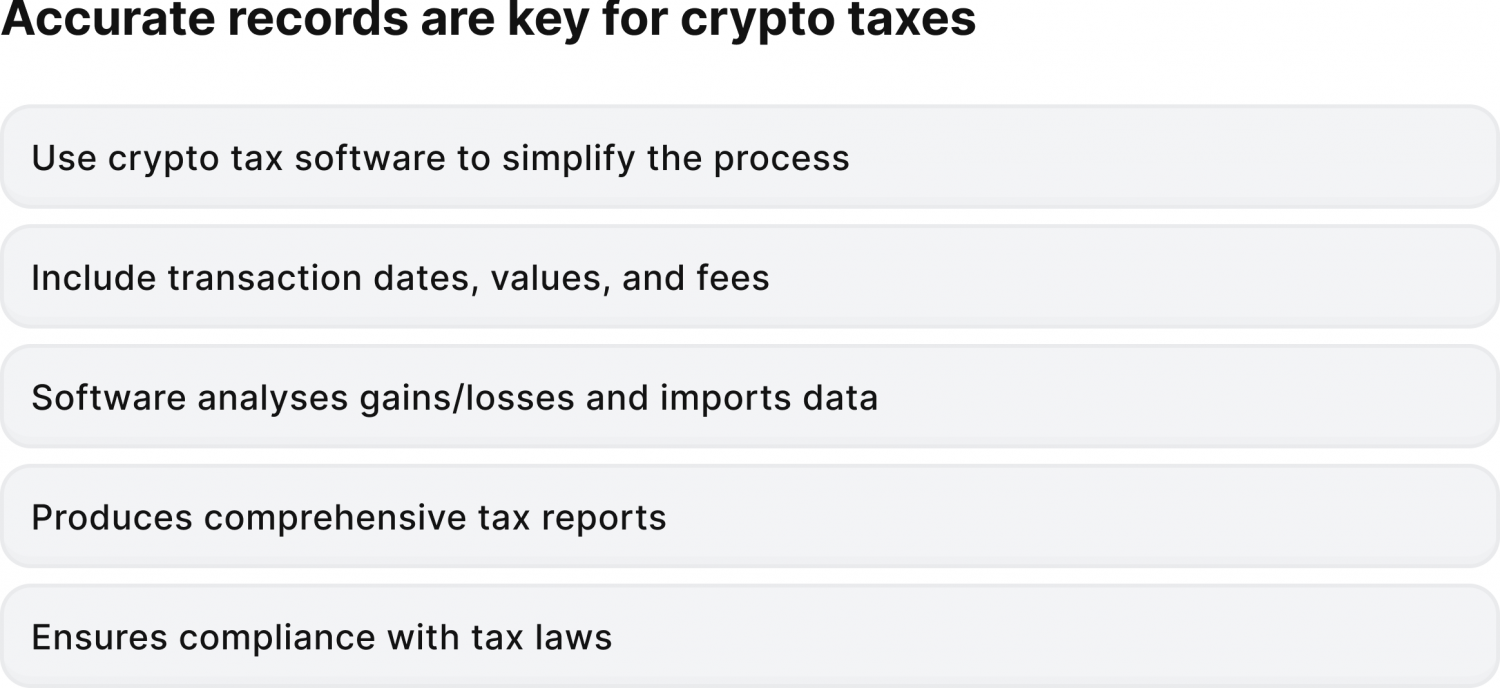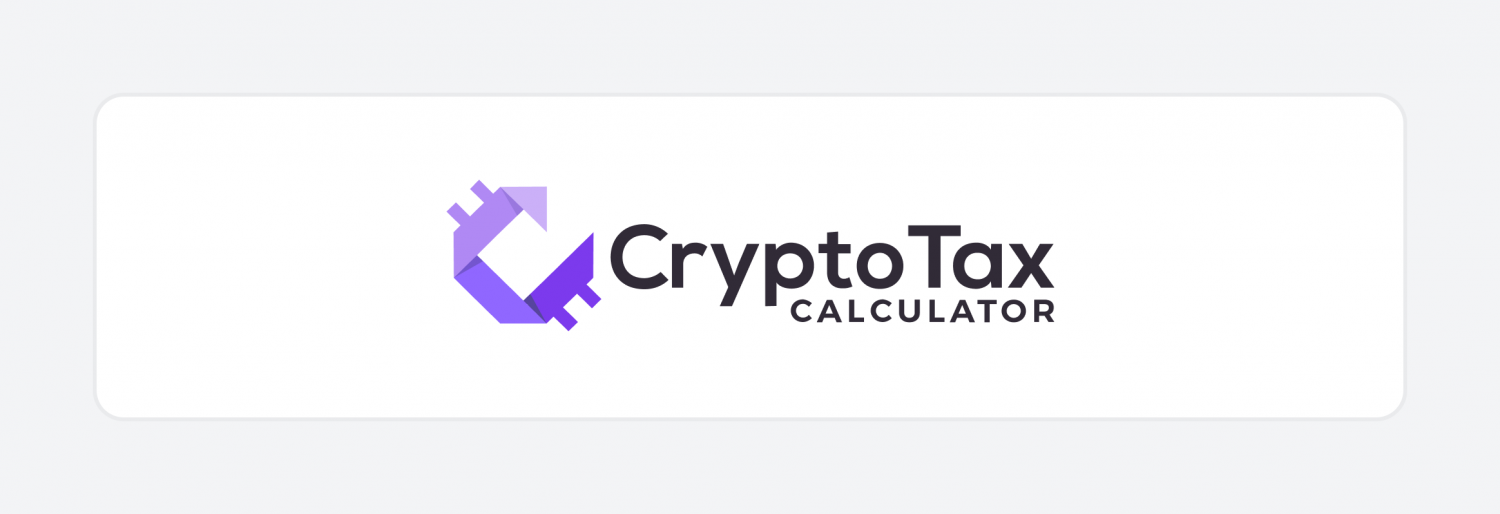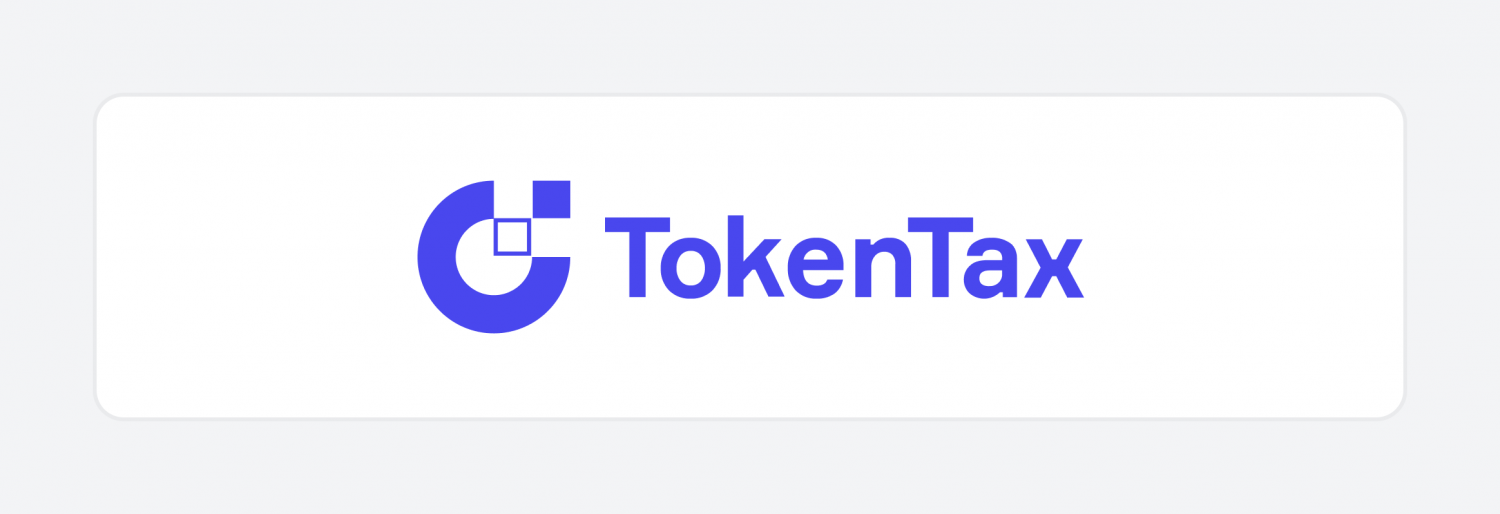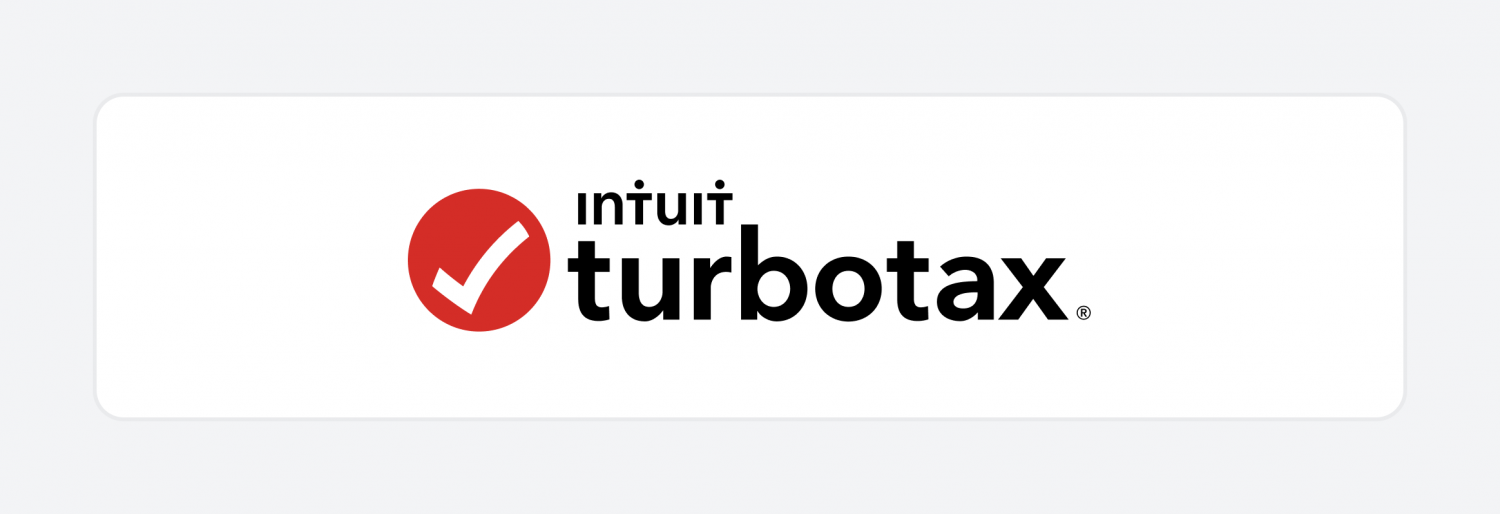When you are involved in the finance industry, you must never forget to follow regulations. Accurate tax reporting is crucial for crypto investors. Due to the complexity of these transactions, which include trades, airdrops, staking, mining, and swaps, tax computations may become more difficult. Tax authorities may impose penalties for inaccurate or nonexistent crypto tax reporting.
The increasing demand for cryptocurrency has made it essential for investors to know how to file their cryptocurrency taxes properly. Accurate documentation of cryptocurrency transactions is necessary to calculate profits or losses. Software for crypto taxation has become very useful at this point. By streamlining the tax reporting procedure, these solutions guarantee adherence to tax laws and make producing thorough crypto tax reports easier.
Crypto Tax software can do many things, like automatically importing data from wallets and exchanges, calculating capital gains taxes, and creating tax forms. These tools assist in removing the need for human data entry, lower the possibility of mistakes, and produce thorough tax reports that satisfy tax authorities' criteria.
Investors may effectively manage their tax responsibilities and guarantee they are in compliance with tax rules by utilising the best tax software for crypto. In this article, we will show you the importance of this software and break down top crypto tax tool features.
Understanding Cryptocurrency Taxation

Although country-specific cryptocurrency tax rules and regulations differ, most categorise asset holdings as commodities or property. Because of this categorisation, when cryptocurrencies are traded or sold, they are liable to capital gains tax. The IRS considers crypto transactions taxable events in the US, necessitating thorough reporting of gains and losses.
Similar tax laws apply in the UK, Australia, and Canada, where cryptocurrency transactions are subject to taxes determined by their actual value at the time of the transaction. More crypto-friendly nations include Germany and Portugal, where certain cryptocurrency-related operations are excluded to pay taxes provided specific requirements are fulfilled.
Explanation of Key Tax Events
Now, to fully understand the concept of taxation, it is essential to explain several key events, so lets take a closer look:
- Trades: Every transaction involving another cryptocurrency is considered taxed. The difference between the buy and sale prices of the crypto assets involved in the transaction is used to compute the capital gains tax.
- Airdrops: Getting cryptocurrencies as part of an airdrop is liable to taxes. The amount of income tax due is determined using the tokens' fair market value at reception.
- Staking: Gains from staking are likewise subject to taxation. The tax burden is calculated using the value of the staking rewards as of the moment of acceptance.
- Mining: Revenue from mining cryptocurrency is subject to income taxes. When coins are minted and received, their fair market value counts as taxable income. In addition, capital gains tax can be due if the produced coins are subsequently sold or exchanged.
- Swaps: Crypto-to-crypto swaps are taxable events, much like transactions. Capital gains or losses are calculated using the value of the swapped cryptocurrency at the moment of the transaction.
The Importance of Keeping Accurate Records for Tax Purposes
Maintaining accurate records is essential to precisely determining crypto taxes. Investors must meticulously document all cryptocurrency transactions. The dates of each transaction, the cryptocurrencies' fair market values, and any related fees ought to be included in this paperwork. Accurate records are also essential to producing thorough tax reports, which tax professionals need to ascertain tax liability.
This process can be significantly simplified by using crypto tax software. These programs analyse capital gains and losses, automatically import transaction data from wallets and exchanges, and produce comprehensive crypto tax report. The best crypto tax reporting software guarantees accurate tax computations and compliance with tax legislation.
Investors can better understand their tax obligations and schedule their tax returns with a crypto tax calculator. A crypto tax accountant might assist anyone looking for more direction, particularly those with advanced portfolios or high-volume traders.

From the best free crypto tax software for simple requirements to more sophisticated solutions for thorough tax reporting, crypto tax software offers many features to suit various needs. These solutions' comprehensive tax reports may speed up the tax filing process and guarantee that all cryptocurrency transactions are appropriately reported to regional tax authorities.
Why You Need Crypto Tax Software
Due to their complexity and volume, manual tracking of cryptocurrency transactions can be difficult. All transactions have to be properly documented, and each transaction's actual value must also be recorded for tax calculations to be accurate. Crypto investors, especially those with active trading techniques, may find it intimidating to deal with the volume of transactions and the extensive information needed.
Manual Tracking vs. Automated Solutions
Crypto transaction tracking by hand takes a lot of time and work. It requires maintaining thorough records, estimating gains and losses, and following various tax laws. Errors can occur in the manual process, leading to incorrect tax reports and possible fines from authorities.
Automated crypto tax software, on the other hand, streamlines this procedure. These tools compute tax liabilities, produce detailed tax reports, and import transaction data from wallets and exchanges. Automated systems reduce the possibility of mistakes and guarantee correct tax reporting by removing the necessity for human data entry.
Benefits of Using The Tax Software

So, lets sum up the benefits of using dedicated crypto tax software and the benefits it offers:
- Accuracy: Cryptocurrency tax software guarantees accurate tax estimates by automatically importing transaction data and applying relevant tax legislation. This accuracy is essential for producing tax returns that comply with tax regulations and avoid trouble with the tax authorities.
- Time-Saving: Human calculations take a lot of time, while automated systems save it. Quickly generating thorough tax reports enables users to concentrate on other facets of their crypto investments.
- Compliance: Crypto tax software guarantees compliance with tax legislation by giving the appropriate tax treatment to different cryptocurrency operations, including transactions, staking, and mining. These tools provide compliant tax reports that satisfy regional tax authorities' demands.
Dedicated tax software is a crucial tool for cryptocurrency investors, regardless of whether they need to manage comprehensive tax reports for a complex set of investments or file crypto taxes for a basic portfolio.
Top 10 Crypto Tax Software
Once you understand the importance of this software, you must choose one. Given the multiple crypto tax software options on the market, we will try to ease your burden in the segment below.
1. Crypto Tax Calculator

The Crypto Tax Calculator offers many features for handling crypto taxes, such as tracking capital gains, automatic tax computations, and support for different transactions. It guarantees correct data import by easily integrating with popular exchanges and wallets.
Although some users initially find the interface a little confusing, they praise its accuracy and simplicity. Although experts praise its comprehensive reporting features, they point out that consumers with modest portfolios can find it excessive.
More than 500 wallets and exchanges are integrated with the programme. After the initial setup is over, it provides an easy-to-use interface. Customer service quickly responds and offers assistance through live chat and email.
2. Koinly

With features like tax loss harvesting, automatic data import, and support for numerous nations' tax laws, Koinly makes tax reporting more straightforward. It also gives you a concise summary of your cryptocurrency holdings.
Customers value Koinly's complete, clear tax reports and find them to be intuitive. Comments emphasise how simple it is to generate IRS forms and how dependable they are.
Koinly distinguishes itself from alternative crypto tax software solutions by supporting foreign taxes and being easy to integrate with many exchanges and wallets.
3. TokenTax

TokenTax is a full-service cryptocurrency tax accounting system that includes capabilities for generating reports, automatically importing data, and calculating taxes. It also provides experts with individualised tax guidance.
The platform is perfect for users with complex tax situations or huge portfolios since it combines technical capabilities with professional tax assistance.
Customers praise TokenTax for its professionalism and thoroughness. Case studies demonstrate how well it manages large amounts of trading data and guarantees adherence to regulations.
4. CoinTracker

CoinTracker is a one-stop shop for tax report generation and cryptocurrency investment tracking. It provides automatic tax calculations, real-time portfolio tracking, and support for numerous exchanges and wallets.
Clients like how user-friendly and unified the interface is. However, occasionally, some users notice synchronisation issues with specific transactions. Experts praise its precision and broad feature set.
For those looking for a simple, trustworthy crypto tax solution, CoinTracker is an excellent option because of its smooth integration and comprehensive transaction history.
5. CoinLedger

CoinLedger tracks capital gains, automates tax reporting, and interacts with popular wallets and exchanges. It supports several tax years and offers precise, comprehensive tax reports.
Users regard CoinLedger as accurate in its estimations and simple to use. They also greatly appreciate the software's capacity to manage intricate transactions.
CoinLedger is a reputable tax filing option. The cryptocurrency community values its dependability and the accuracy of its tax reports.
6. CoinTracking

CoinTracking offers many reporting tools, such as tax processing, real-time portfolio tracking, and comprehensive tax reports. It interacts with multiple exchanges and wallets and enables various transaction types.
Although CoinTracking has a lot of capabilities, users find it powerful, but there is a higher learning curve. After becoming acquainted with the platform, they value its extensive reporting features.
Though the level of detail might not be ideal for many users, CoinTracking stands out for its real-time tracking and extensive reports.
7. TaxBit

TaxBit offers automated tax calculations and thorough reporting, integrating with popular exchanges and wallets with ease. Both individual investors and businesses can report taxes more easily because to its user-friendly design.
Customers value TaxBit's extensive integrations and precise tax estimates. Some people do, however, feel that the prices are a little bit more than for other possibilities.
TaxBit is a fantastic option for both beginner and experienced investors due to its accuracy and user-friendliness, which have garnered excellent comments. Experts praise its comprehensive reporting capabilities and adherence to tax laws.
8. Sharesight

With its crypto monitoring add-on, Sharesight allows users to handle both assets on a single platform, even if its primary function is tracking shares.
With integrations for popular exchanges and wallets, the add-on offers tax reporting and portfolio tracking for cryptocurrency investments.
Although some users feel that specialist crypto tax software offers complete crypto functionality, users still value the opportunity to manage shares and cryptocurrency on a single platform.
9. ZenLedger

ZenLedger offers easy-to-use tax reporting solutions, suitable for both new and seasoned users. In addition to importing data from well-known exchanges and supporting automated tax computations, it provides features like audit reports and tax loss harvesting.
ZenLedger supports a wide variety of transaction types and provides detailed tax data, making it an excellent tool for managing intricate tax scenarios. It offers comprehensive tax documentation and guarantees compliance with regional tax authorities.
Clients value ZenLedger's accuracy and user-friendly UI. Expert reviews emphasise its extensive feature set and the benefits it provides for both straightforward and challenging crypto tax documents.
10. TurboTax

TurboTax offers strong connections with popular exchanges and wallets, including NFTs, for simple transaction data import. It streamlines the tax filing procedure for cryptocurrency investors by providing comprehensive information and automatic tax computations.
Users value TurboTax's simplicity of use and accuracy in tax calculations. Premium services can, however, be somewhat expensive, particularly for people with complicated tax circumstances.
TurboTax is praised for its easy-to-use interface and thorough tax reports. Experts point out that it is a great option for both new and seasoned cryptocurrency investors due to its extensive features, which include cost-basis reporting and expert tax advice on cryptocurrencies.
Last Remarks
As we've seen, accurate reporting is crucial to following regulations. Proper documentation ensures transparency during tax season and allows for the calculation of tax liabilities.
Choosing the appropriate software is essential. Examine your requirements and consider attributes such as compatibility with exchanges, usability, and capacity for complex situations. Software that simplifies the creation of reports and adherence to regional tax authorities can minimise errors and save a substantial amount of time.



.svg)







